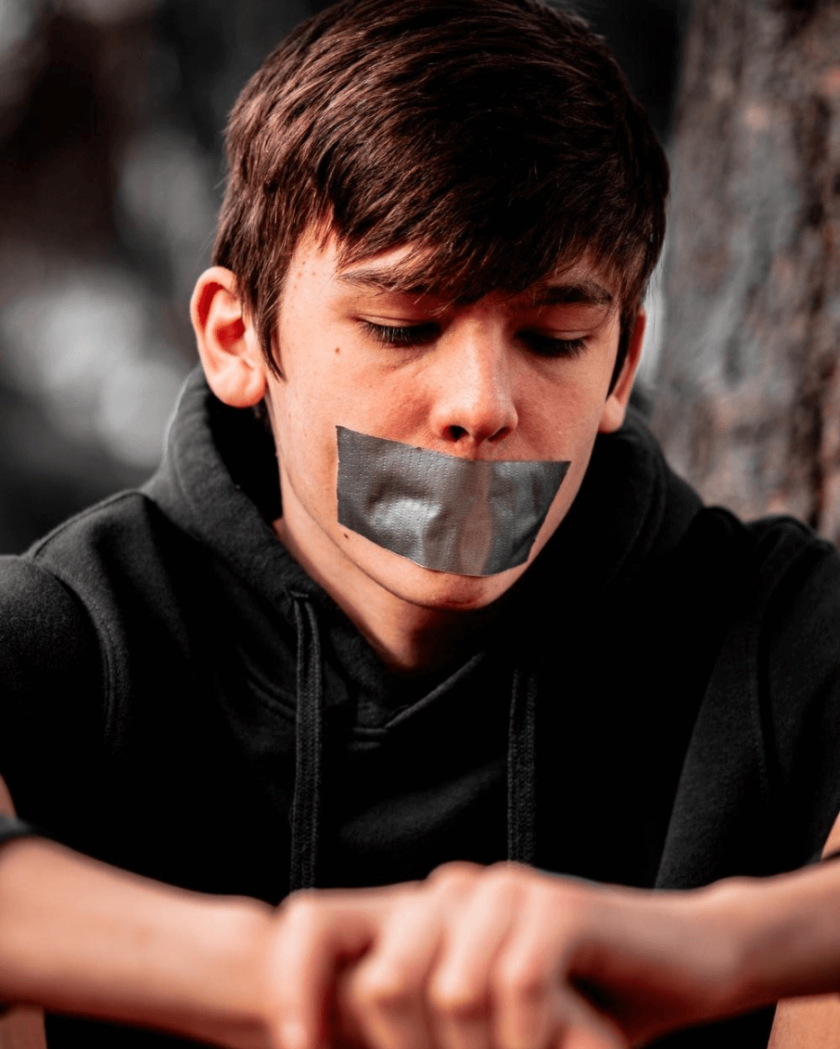Students are always interacting with peers and dealing with social pressures. School alienation occurs when a student experiences negative relationships or develops a negative perception of school life. This is often experienced by minority students who are entering the public education system. Alienation leads to feeling like one that does not belong and can cause one to become introverted, avoiding interactions with others.
Whether in elementary, high school or college, alienation will have a severe effect and can lead to being disconnected from school. Those who cannot see it as an inclusive space will withdraw and not engage in any activities. These individuals are also at a high risk of developing depression. Here, we look at how alienation is present and how it can be the cause of spreading introversion.
Effects of Alienation
When a student feels alienated in a school setting, many problems can develop. Social issues may arise because one does not feel accepted in groups or feel they do not belong. Some of the problems faced include drug and alcohol abuse, criminal activity, poor performance in a class, or even truancy. To get a better understanding of an alienation problem, novels, short stories and essays can be accessed. For example, Nigerian author Chimamanda Ngozi Adichie cheated a short story collection ‘The thing around your neck’ to explore alienation among people of color. There are a vast variety of “The Thing Around Your Neck” essays that highlight the problem of being a total introvert. The information here can be used for learning more about the effects and can also be used when writing argumentative essays on how children are impacted in educational settings.
The author of The Thing Around Your Neck addresses the alienation issues that surround African immigrants entering America. These people are often not accepted in society, have no cultural connections, and suffer from depression. When writing an essay, one can use examples from this short story to back up the claim of how these issues can alter an academic experience for students of all ages.
Not only will an affected individual experience poor performance and truancy problems, but there can also be mental and physical disorders that arise. These can include anger and depression, eating disorders, or attempted suicide. Since alienation increases the feelings of powerlessness, it is important for the issues to be noticed and addressed as quickly as possible.
Spread of Introversion
Introversion is a personality style that results in someone preferring to remain in minimally simulating environments and avoid interacting with people. They enjoy solitude and can often feel physically and emotionally drained after interacting in groups. Introversion can be spread when there is a case of alienation. If one feels they do not belong among their peers and are treated differently in any way, they will withdraw from social interactions.
Introverts adapt to isolation easily and they can become a problem with younger children. If they do not feel safe in their surroundings or are teased or harassed because they are different, they may prefer to isolate. If that child has this personality style, the problem may not be quickly identified. Instead of seeing there is an alienation problem, many will simply see the child as being an introvert and the problems will persist.
As alienation continues to be an issue in academic settings, the spread of introversion cannot be avoided. Many children or older students do not have the support system needed to battle alienation. They lose the will to fight. They often have very small circles of friends, which makes it difficult to discuss what is happening. As a result, alienation can lead to more people becoming introverted and avoiding situations or people entirely.

Alienation Leads to Social Isolation
Social isolation is one of the three dimensions of alienation. When one feels isolated socially, they are lonely, even if they are in the company of other people. This is because they have a lack of meaningful relationships with peers. These individuals will be isolated from groups and will feel like no one cares or notices them. When one feels they do not fit in and are not socially accepted, they move to isolation as a solution. Instead of being involved in groups where they are not accepted, they choose to ignore social interactions completely.
There will always be cases of alienation in an academic setting. Children form groups of peers based on culture, financial standing, and even looks. Those that do not fit into these groups are the outcasts and are often mistreated or made fun of. These individuals will begin to isolate themselves as a form of protection. This can eventually lead to becoming an introvert.
Combat Feelings of Alienation
At one point, we will all feel alienated, but these feelings are much more prevalent among younger students in school. There are various ways to deal with these feelings and learn how to avoid alienation and introversion. Here are a few tips that can be used that can provide healthy ways to deter alienation.
- Ask if you really want to fit in. Do you want to be part of a group just to be accepted or do you genially have an interest in what they do and believe?
- Find common ground. Interact with people who have common ideas, interests, and hobbies.
- Listen more, speak less. Many people find they feel alienated after they have shared too much personal information. Peers will often use this to form judgments that may not be true. Engage in small talk and avoid oversharing.
- Don’t care so much. If you are not accepted into a group that you really did not want to be in, learn how to not care. You will not be affected as much by being left out of activities that you truly are not interested in.
Conclusion
Alienation in students is a problem that is present at all levels of education. It can be seen in early education settings as well as in universities. The feelings of being an outcast and lonely are often grounds for people to withdraw and become introverted. By understanding how alienation works and learning some coping skills, it is possible to battle this as a student and have a positive experience in an academic setting.

